Types & Benefits of contract farming | Tractorgyan
टेबल ऑफ कंटेंट
What is contract farming?
Contract farming is defined as agricultural production carried out under the terms of an agreement between a buyer and a farmer, with pre-determined production and marketing parameters for farm products. Contract farming, in simple terms, refers to a variety of official and informal agreements signed between producers and processors/buyers.
It includes loose buying arrangements, basic purchase agreements, supervised production with input provision, as well as risk coverage, and connected loans. A farmer promises to supply certain agricultural goods that meet the specifications set by the buyer in this farming process. In exchange, the buyer agrees to acquire the product and support it by providing farm input, land preparation, and technical help.
It provides marginal farmers with economies of scale, raising their income and ensuring companies of product quality, quantity, and timely delivery. Pre-agreed price, quality, amount of acreage (minimum/maximum), and time are the four essential factors of contract farming.
According to the contract, the farmer must plant the contractor's crop on his land, as well as harvest and send a number of products to the contractor depending on expected yield and contractual acreage. This could be at a pre-determined cost. To this purpose, the contractor provides the farmer with a variety of inputs as well as technical assistance.

The contractor provides all of the necessary cultivation inputs, while the farmer provides the land and labor. The terms and nature of the contract, on the other hand, vary depending on the nature of the crops to be cultivated, the agency, the farmers, and the technologies used, as well as the context in which they are used.
The contract act was passed by the government of India so as to provide benefits to the farmers and make them aware of the acts and the conditions, and objectives mentioned in it.
Silent features of the model contract farming act are as follows,
-
The Act places a specific emphasis on safeguarding the rights of farmers, who are considered the weaker of the two parties to a contract.
-
Services contracts have been incorporated along the value chain, including pre-production, production, and post-production, in addition to contract farming.
-
At the district/block/taluka level, a "Registering and Agreement Recording Committee" or an "Officer" for the purpose of online sponsor registration and agreement recording is given.
-
Crop and livestock insurance will be used to cover contracted produce.
-
The APMC Act does not apply to contract framing.
-
On the land/premises of farmers, no permanent structure can be built. The sponsor shall not have any right, title, or interest in the land.
-
Farmer Producer Organizations (FPOs) / Farmer Producer Companies (FPCs) have been encouraged to mobilize small and marginal farmers.
-
If the farmers agree, the FPO/FPC can be a contracting party.
-
There are no rights, title, ownership, or possession that can be transferred, alienated, or vested in the contract farming sponsor, for example.
-
Assuring that the contract farming producer buys the complete pre-agreed quantity of one or more agricultural products, livestock, or their products.
Benefits of contract farming to farmers
Contract farming aims to benefit both agricultural producers and agro-processing companies. Producer/farmer
Small farmers may access technology, credit, marketing channels, and information while cutting transaction costs, making small-scale farming more competitive.
They will have a guaranteed market for their products just outside their door, lowering marketing and transaction costs.
It lowers the risk of production, as well as the costs of price and promotion.

Contract farming can open up new markets for small farmers that would otherwise be closed to them.
It also ensures higher-quality production, financial assistance in cash and/or kind, and technical assistance to farmers.
At the Agri-processing level, it assures a steady supply of high-quality agricultural products delivered on time and at a lower cost.
It aids farmers' skill development by teaching them how to effectively use various resources such as fertilizer and pesticides, as well as exposing them to new technologies in some circumstances.
Farmers will be able to diversify their crop mix because many contracts set prices in advance, and price risk is greatly reduced.
Contract farming can provide access to new markets that would otherwise be closed to small farmers. Under contractual agreements, farmers can also acquire simple loans from the bank.
It enables a steady supply of high-quality agricultural produce at the proper time and at a lower cost at the Agri-processing level.
Utilize their established capacity, equipment, and staff to the fullest extent possible, and respond to consumer concerns about food safety and quality.
Invest directly in agricultural activities with private capital.
Negotiation between producers and businesses is used to fix prices.
Farmers agree to contract output in exchange for a guaranteed payment and a set of terms and conditions.
Contract Farming works towards the following Goals
-
Reducing the burden on procurement systems at the federal and state levels.
-
Increasing private sector agriculture investment.
-
Bringing the market to the forefront of Indian farmers' crop choosing.
-
Providing a consistent source of income for individual farmers.
-
Processing and value addition are encouraged.
-
Creating sustainable employment in rural areas.
-
Migrating from rural to urban regions is being reduced.
-
Increasing rural self-sufficiency in general by combining locally available resources and expertise to address new difficulties.
Business models in Contract Farming
-
Informal Model - The most transient and risky of all contract farming methods, with both the promoter and the farmer risking default. However, it depends on the circumstances: contract interdependence or long-term trustful relationships may lower the danger of opportunistic behavior.
-
Intermediary Model - In this model, the buyer hires an intermediary (collector, aggregator, or farmer organization) to hire farmers on a formal or informal basis (a hybrid of the centralized and informal models).
-
Multipartite Model - This model can be derived from the nucleus or centralized estate models. It involves a variety of organizations, including government statutory entities, commercial corporations, and even financial institutions.
-
Centralized Model - In this model, the purchasers' involvement might range from providing minimal input (e.g. certain kinds) to controlling most elements of production (e.g. from land preparation to harvesting). The most popular CF model is this one.

Limitations or challenges under contract farming
Contract farming is sometimes criticized for favoring large corporations or large farms while exploiting small farmers' lack of bargaining strength.
Growers encountered issues such as an excessive quality reduction on products by firms, delayed deliveries at the factory, delayed payments, low pricing, and pest assault on the contract crop, all of which increased the cost of production.
Contracts are frequently verbal or informal in character, and even written contracts in India may not always afford the same legal protection as they do in other countries. Contractual clauses that are not enforceable may result in a breach of contract by either party.
Multiple Sellers – Single Buyer (Monopsony).
Women have less access to contract farming than men, resulting in negative gender impacts.
कैटेगरी
और ब्लॉग पढ़ें
The most important resource for farming is the soil because it is where seeds are planted and crops grow. As India has diverse climatic, environmental, and geographic conditions, the types of soil in India are many.
In this post, we talk about soil types...
The agriculture sector plays a crucial role in the Indian economy, where around 60 per cent of the population relies on agriculture and its allied sectors. Agriculture provides a source of livelihood and also fills the needs of both animals and humans...
India is home to one of the world’s most diverse agricultural landscapes, providing livelihoods to nearly two-thirds of its population. With advancements in technology, improved irrigation, and evolving farm practices, Indian agriculture today stands as the second-largest producer globally. From subsistence farming...
इसके बारे में अपनी टिप्पणी लिखें Types & Benefits of contract farming | Tractorgyan
.webp&w=1920&q=75)
ट्रैक्टर और कृषि से जुड़े सबसे अधिक खोजे जाने वाले ब्लॉग्स
07 Jan 2026
18 Dec 2025
29 Jul 2025
08 Sep 2025
03 Jul 2025
30 Jul 2025
30 Jul 2025
30 Jul 2025
29 Jul 2025
30 Jul 2025
09 Feb 2026
31 Jul 2025
18 Dec 2025
26 Dec 2025









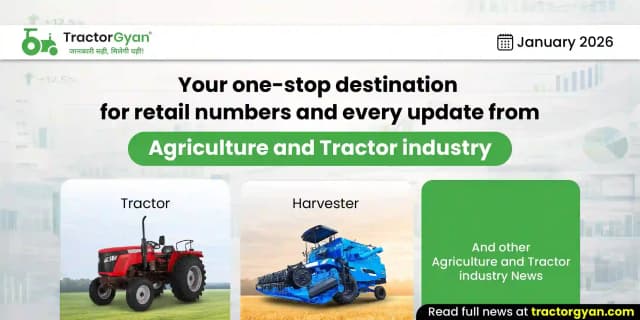
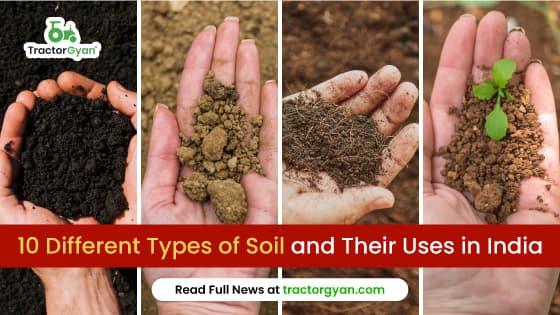

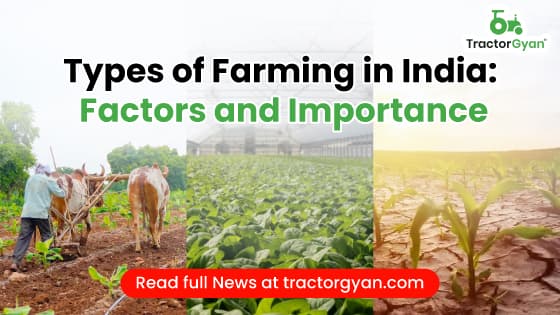
.webp&w=2048&q=75)
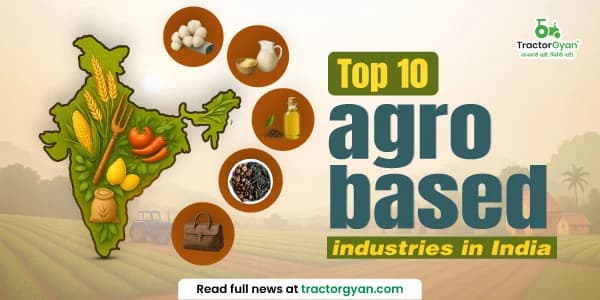
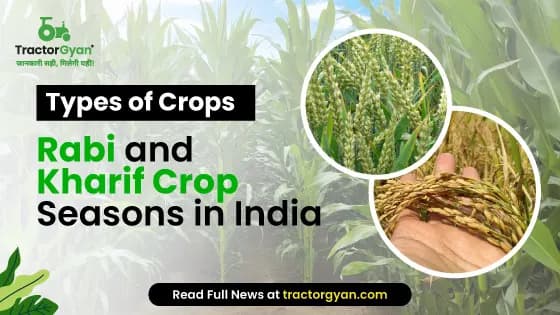
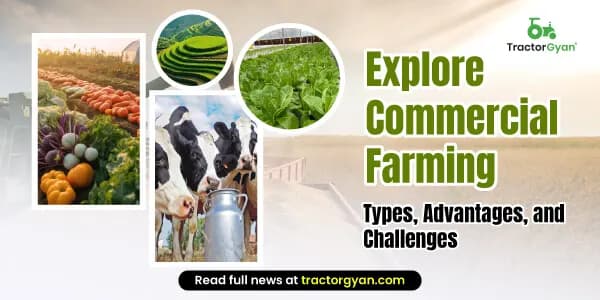

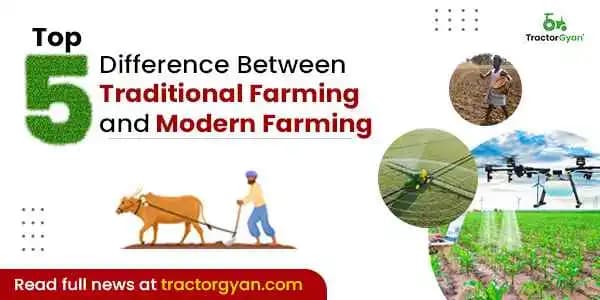
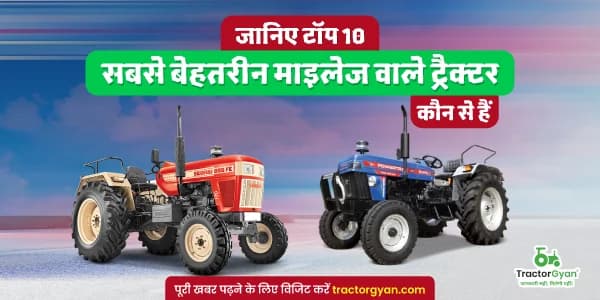
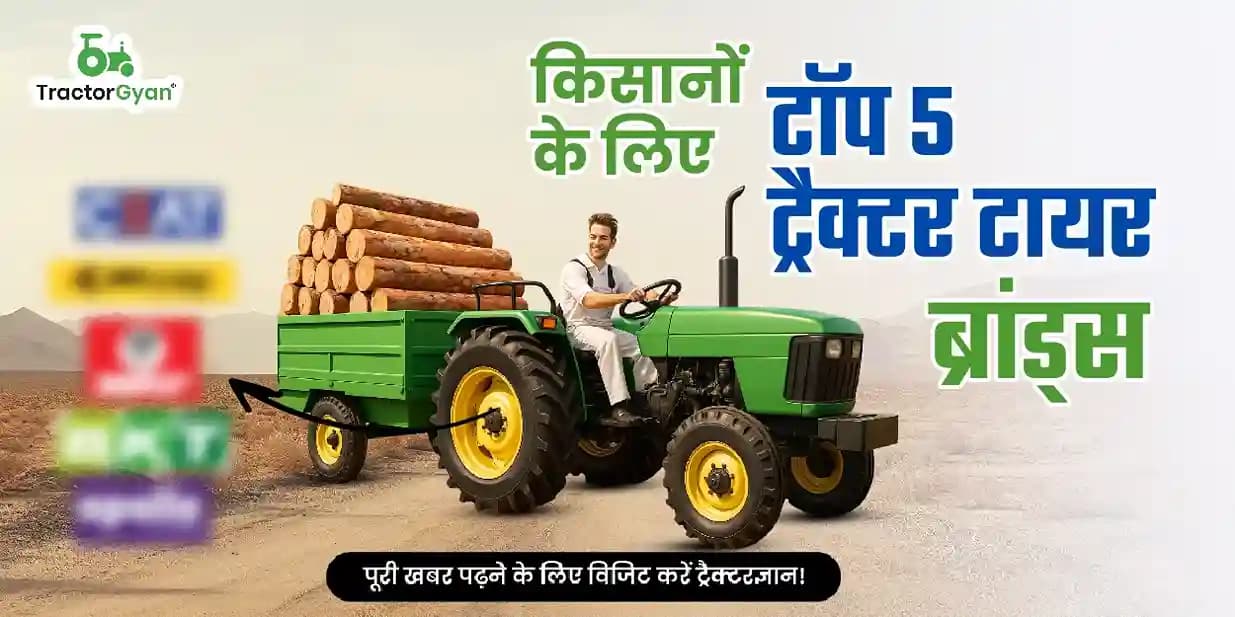

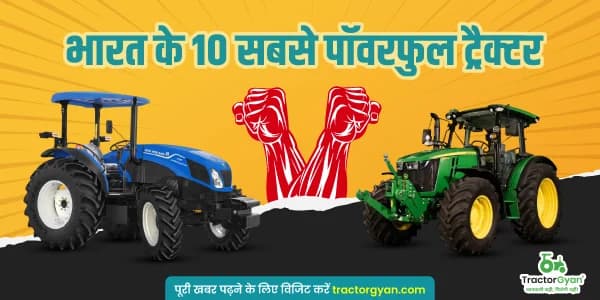
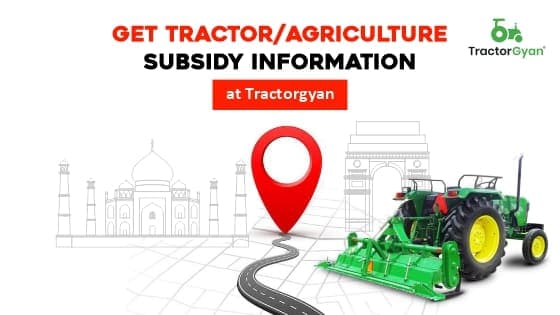
.webp&w=2048&q=75)
.webp&w=2048&q=75)




























